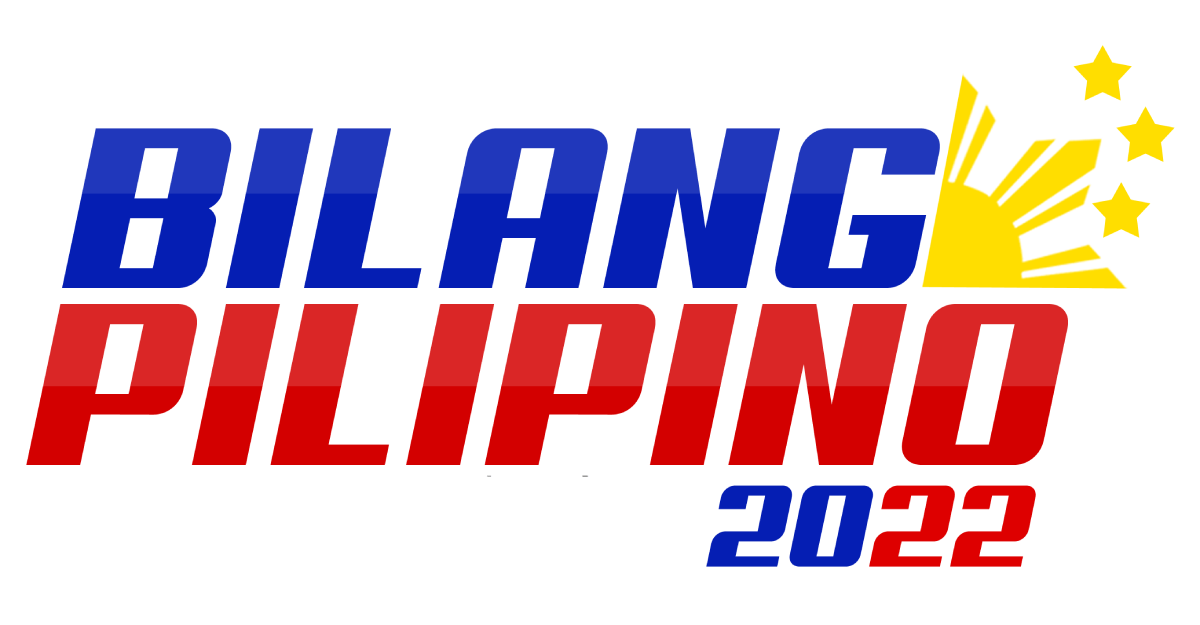As some candidates seek Duterte's blessing, analysts note an incumbent's endorsement may be a mixed bag

After crossing swords before in a number of instances, presidential aspirant Manila Mayor Francisco “Isko Moreno” Domagoso is now vouching for President Rodrigo Duterte in a seeming bid to secure, in turn, the chief executive's endorsement. But is an incumbent's blessing still worth its weight in gold?
Domagoso on Dec. 6 told reporters in an ambush interview in Lapu-Lapu City that he "will personally vote" for Duterte in the 2022 senate race. Domagoso even added that he will endorse Duterte and adopt him as a senatorial guest candidate of his party Aksyon Demokratiko.
Domagoso's statement follows the impending withdrawal of Sen. Bong Go, Duterte's long-time aide, from the presidential race. Domagoso has previously been seen as generally supportive of Duterte's flagship programs, including the war on drugs. But last August, Duterte criticized Domagoso's handling of the vaccination program in Manila, even taking a swipe at the former actor's once raunchy career in showbiz. Domagoso, who was then figuring prominently in presidential surveys, returned the favor by criticizing the government's handling of the pandemic and the face shield requirement.
As Domagoso now sidles up to Duterte, analysts note that the blessing of an incumbent chief executive does have its advantages on paper.
Edmund Tayao, executive director of the Local Government Development Foundation, told PhilSTAR L!fe that the president’s backing would always be “a blast.”
Prior to Domagoso, Sen. Manny Pacquiao has also expressed openness to receiving Duterte’s blessing.
“The assumption is that the incumbent president has the moral suasion over government offices.” Tayao said.
Dindo Manhit, president and founder of think tank Stratbase ADR Institute, said an incumbent president, especially a popular one, “will always have a strong endorsement.”
But though Duterte has maintained high approval and satisfaction ratings over the course of his term, Tayao said whether his popularity would rub off on his endorsee is still an open question.
The controversies that the administration have faced—the war on drugs, a pro-China foreign policy, its handling of the pandemic—may also saddle Duterte's preferred candidate.
We will see what's the condition as we enter into the political campaign season.
“Would the candidate be able to continue or defend the (outgoing president’s) legacy?” Manhit said. “We will see what's the condition as we enter the political campaign (season).”
For Tony La Viña, former dean of the Ateneo School of Government in Quezon City, it’s not just about the endorsement per se that matter to candidates.
“It doesn't (necessarily) result in winning. It's not the endorsement that matters; it's the alliances that matter,” La Viña said.
In the country's post-EDSA history, the only presidential candidate endorsed by an incumbent who succesfully won was Fidel Ramos in 1992, who was endorsed by incumbent Cory Aquino at the expense of her estranged vice president Salvador "Doy" Laurel, who then ran unsuccessfully.
Ramos’s own chosen successor, Jose de Venecia, lost to Erap Estrada in 1998. In 2010, Gloria Arroyo’s bet Gibo Teodoro—and then Manny Villar—were both trumped by Noynoy Aquino.
Even if the president is popular, they don't like the president to choose for them.
In 2016, Aquino’s ally Mar Roxas, meanwhile, also failed to win. The winner that time was, of course, Duterte.
“The reason for that is people usually want change,” La Viña said. “Even if the president is popular, they don't like the president to choose for them.”
Is it possible to see a repeat of 1992 in 2022?
“The only measure will be the actual elections itself,” Tayao said.


